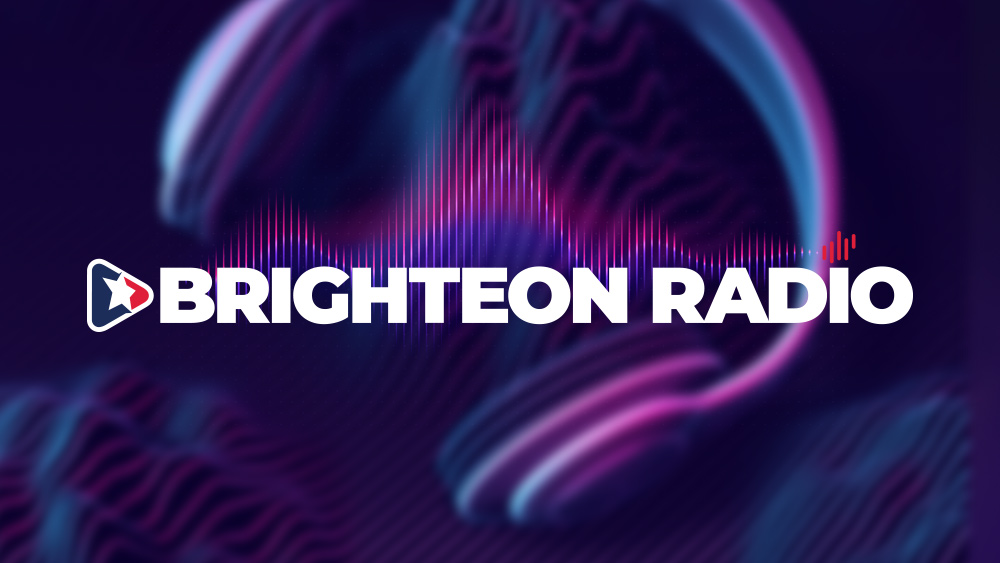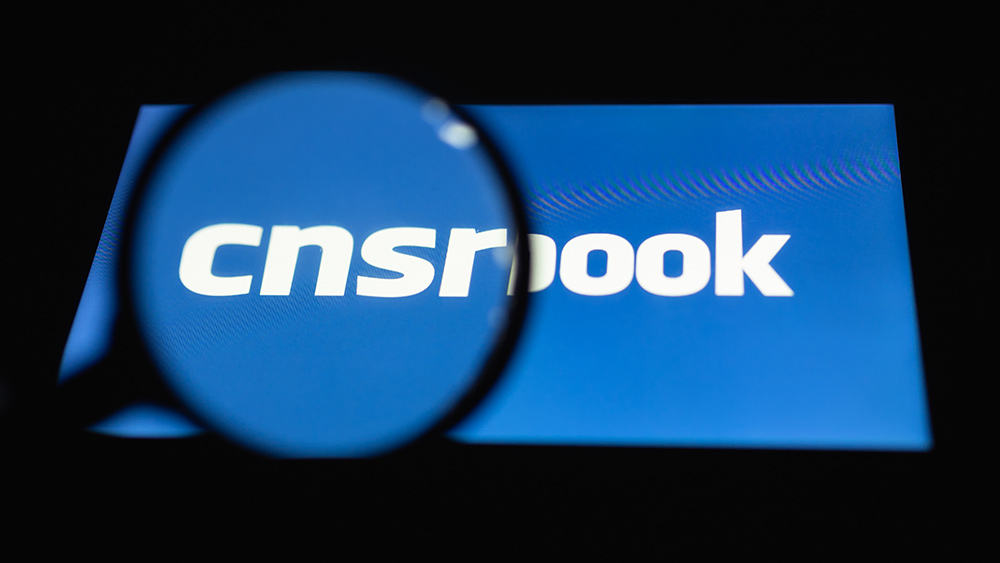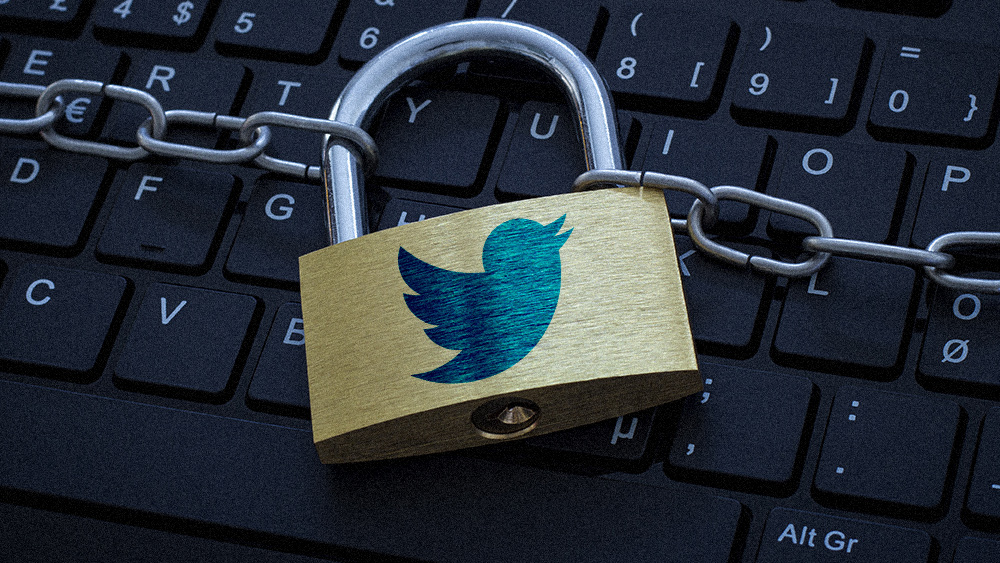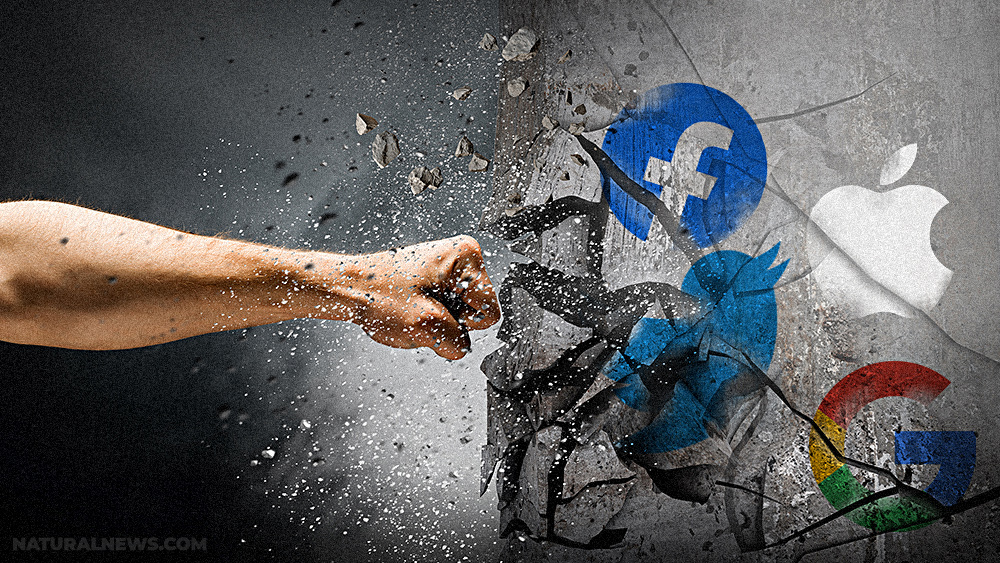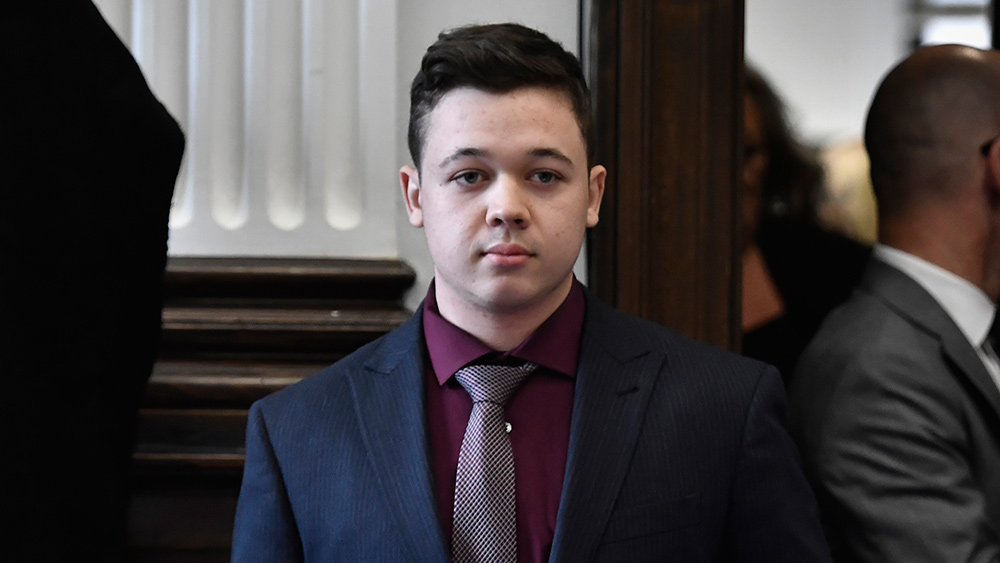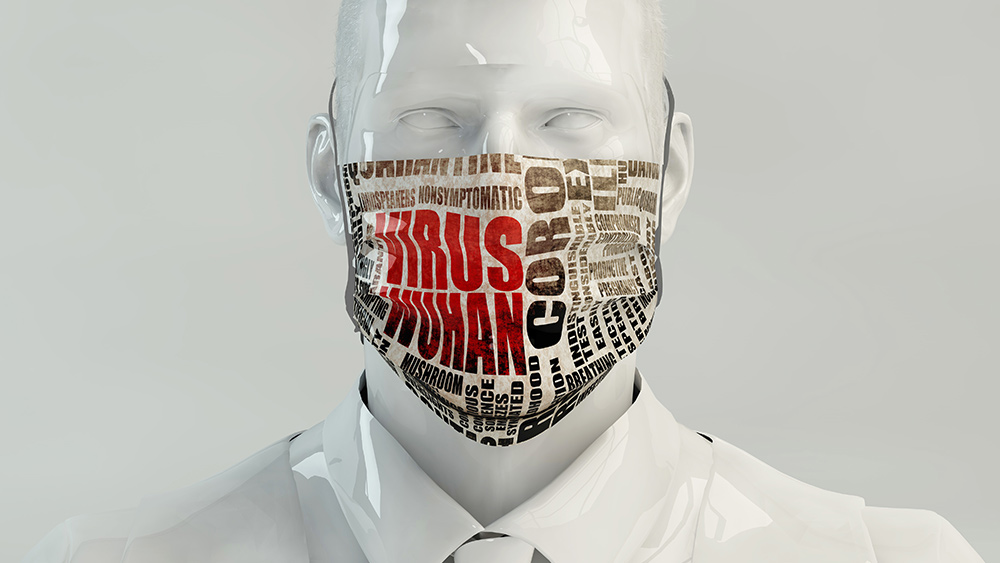Journalist Alex Berenson sues Twitter after being banned for stating facts on Covid vaccines
01/02/2022 / By Cassie B.

Independent journalist Alex Berenson has filed a lawsuit in a federal court against Twitter to challenge his ban from the social media platform over a tweet in which he questioned the efficacy of COVID-19 vaccines.
In the lawsuit, which was filed in the U.S. District Court for Northern California, Berenson sought reinstatement on Twitter, along with monetary damages related to the ban.
The former New York Times reporter was banned from the platform in August over a tweet in which he wrote about the jabs: “It doesn’t stop infection. Or transmission. Don’t think of it as a vaccine. Think of it – at best – as a therapeutic with a limited window of efficacy and terrible side effect profile that must be dosed IN ADVANCE OF ILLNESS. And we want to mandate it? Insanity.”
Apparently slapping his tweet with a warning stating, “This Tweet is misleading. Learn why health officials recommend a vaccine for most people.” wasn’t enough as Twitter decided his posts are no longer welcome there. Now, when his 342,000-plus followers try to visit his account page, they are greeted with a note that his account was suspended for violating the platform’s rules.
In the complaint, his attorneys stated: “Mr. Berenson’s claim that the COVID-19 vaccines do not “stop infection” or “transmission” of COVID-19 was true at the time and is true now.”
The suit went on to add: “It is undisputed that vaccinated persons can contract and spread COVID-19,” and even pointed out that Dr. Fauci himself has gone on the record as saying that vaccinated people can indeed be infected.
Twitter’s “COVID-19 misleading information policy” page, which was updated this month, says the platform cannot be used for sharing false or misleading information about the virus or the vaccines, but its definition of what is false flies on the face of the facts.
The lawsuit claims violations of the First Amendment, along with false advertising. It also claims a violation of the California common carrier law. The suit alleges that Twitter is legally a “common carrier,” akin to a telegram or railroad, and therefore required by law to provide service to everyone.
“Twitter’s role in public debate in the twenty-first century resembles that of the telegraph in the nineteenth,” the suit stated.
His attorneys also argued that Berenson has a “uniquely viable claim that Twitter acted on behalf of the federal government in censoring and barring him from to its platform.” Just days after Biden called for a crackdown on what it considers a pandemic of misinformation across social media, Berenson was banned, and he believes Twitter did so in response to governmental pressure.
Now that he’s unwelcome on Twitter, Berenson has been sharing his opinions on the platform Substack. He also released the best-selling book Pandemia.
Berenson started reporting for the New York Times in 1999, where he covered the pharmaceutical industry and financial crimes. He left the paper in 2010 to pursue a career as a novelist and author.
Banning conservatives is nothing new for Twitter
In January, Twitter banned Donald Trump while he was still holding the office of president. At the same time, many other leaders go uncensored, like Taliban spokesman Zabihullah Mujahid, who is allowed to send tweets to his half a million followers.
Earlier this year, James O’Keefe of Project Veritas sued Twitter for defamation after they permanently banned his account. Just before he was banned, he had released a series exposing rampant bias at CNN.
It’s not just Twitter that is issuing bans; Facebook is just as bad, if not worse. Big Tech goes out of its way to ensure any views that stray from the accepted Covid narrative are never heard, silencing those who question the safety of vaccines or concerns about mandates and preventing people from seeing potentially life-saving health information.
Sources for this article include:
Tagged Under: Alex Berenson, banned, Big Tech, Censorship, COVID, Glitch, James O'Keefe, obey, pandemic, speech police, tech giants, thought police, Twitter
RECENT NEWS & ARTICLES
COPYRIGHT © 2017 BigTech.news
All content posted on this site is protected under Free Speech. BigTech.news is not responsible for content written by contributing authors. The information on this site is provided for educational and entertainment purposes only. It is not intended as a substitute for professional advice of any kind. BigTech.news assumes no responsibility for the use or misuse of this material. All trademarks, registered trademarks and service marks mentioned on this site are the property of their respective owners.

